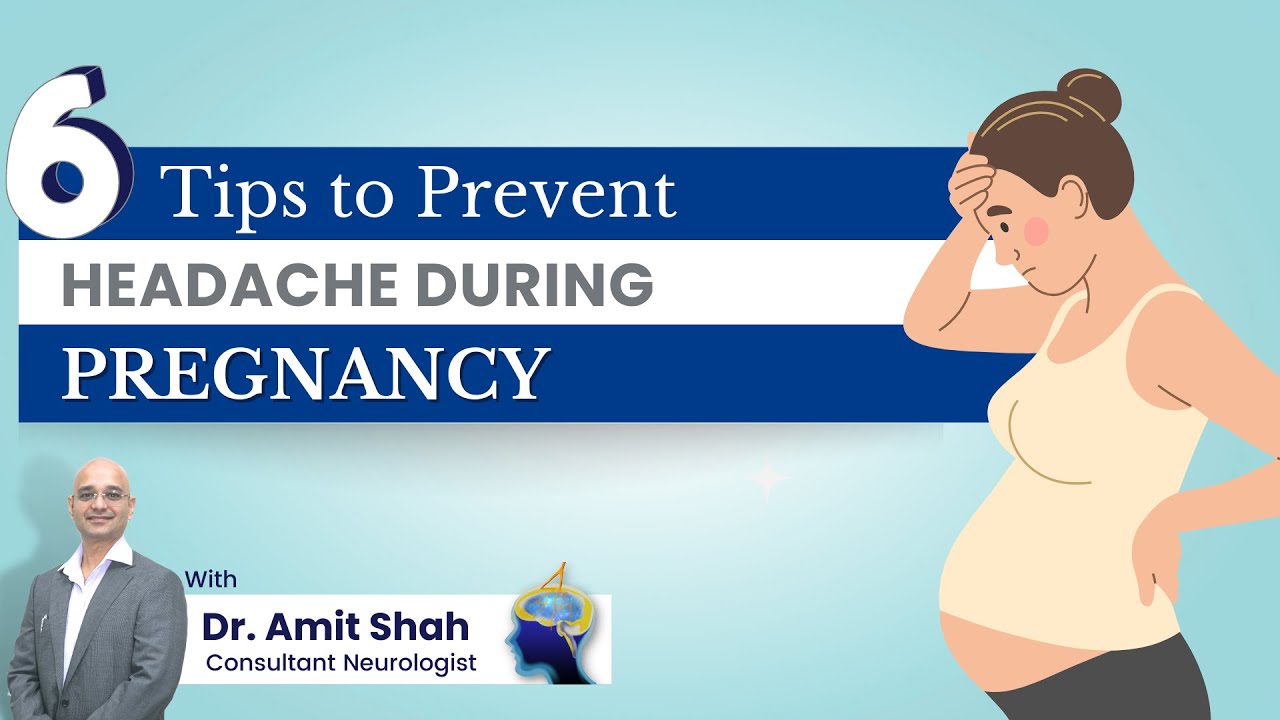Looking for safe migraine relief during pregnancy? If you’re expecting and experiencing the agony of migraines, we understand your concern. Discovering effective remedies that won’t harm your baby can be a daunting task. But fret not! Our comprehensive guide on what you can take for a migraine while pregnant is here to help. We delve into the world of natural alternatives and medically approved options, providing you with a wealth of information to ease your discomfort without compromising your little one’s well-being. With research-backed recommendations and expert insights, we ensure you make informed decisions when it comes to managing migraines during pregnancy. Don’t let the throbbing pain take away the joy of this incredible journey. Explore our guide today and discover safe and reliable solutions to alleviate migraines while nurturing your precious baby. Trust us to provide you with the knowledge and support you need for a migraine-free pregnancy.

Medications for Migraine Relief During Pregnancy
| Medication | Description | Considerations |
|---|---|---|
| Acetaminophen (Tylenol) | Considered safe for use during pregnancy, acetaminophen can help alleviate mild to moderate migraine pain. | Stick to the recommended dosage and avoid exceeding the daily limit. Consult with your healthcare provider if you require frequent or long-term use. |
| Nonsteroidal Anti-Inflammatory Drugs (NSAIDs) | Certain NSAIDs like ibuprofen and naproxen are generally avoided during pregnancy due to potential risks. However, low-dose aspirin might be recommended for specific cases under medical supervision. | Always consult with your healthcare provider before taking any NSAID during pregnancy to assess potential risks and benefits. |
| Caffeine | When used in moderation, caffeine can provide relief by constricting blood vessels and enhancing the efficacy of pain-relieving medications. However, excessive caffeine intake should be avoided. | Avoid consuming more than 200 mg of caffeine per day (equivalent to approximately one 12-ounce cup of coffee). Monitor your overall caffeine consumption from various sources. |
| Triptans | Triptans are a class of medications specifically designed to treat migraines. Limited studies suggest some triptans may be safe during pregnancy, but more research is needed to establish their safety. | Consult with your healthcare provider to weigh the potential risks and benefits of triptan use during pregnancy. They may recommend alternative treatments based on your specific situation. |
| Preventive Medications | For severe or chronic migraines, preventive medications such as beta-blockers, certain antidepressants, and antiepileptic drugs may be prescribed. | Discuss the potential risks and benefits of preventive medications with your healthcare provider. They will carefully assess and determine the most suitable options based on your individual needs. |
“Pregnancy Headache Hacks: Expert Advice to Soothe Migraines”
What Can I Take for a Migraine While Pregnant?
Migraines can be a debilitating condition, causing intense throbbing pain, nausea, and sensitivity to light and sound. While pregnancy is a time of great joy, it can also come with its fair share of discomforts, including migraines. However, when you’re expecting, it’s important to be cautious about the medications you take, as some can harm your unborn baby. In this article, we will explore safe alternatives and natural remedies to alleviate migraines during pregnancy.
The Importance of Seeking Medical Advice
During pregnancy, it’s critical to consult with your healthcare provider before taking any medications, including those for migraines. They are the best source of guidance for your specific situation, as they possess the knowledge and experience to recommend suitable treatment options. Your doctor will consider the potential risks and benefits of each medication and determine if it is safe for you and your baby.
Non-Pharmacological Approaches
When dealing with migraines, it’s always advisable to start with non-pharmacological approaches. These natural remedies can help alleviate the pain and discomfort associated with migraines:
- Rest and Relaxation: Finding a quiet, dark room to lie down and rest can help reduce migraine symptoms. Relaxation techniques such as deep breathing, meditation, or yoga may also provide relief.
- Hot or Cold Compresses: Applying a cold or warm compress to the affected area can help soothe the pain. Experiment with both to see which brings you more relief.
- Hydration and Nutrition: Dehydration and low blood sugar can trigger migraines, so it’s essential to stay hydrated and maintain a balanced diet. Avoiding common triggers such as caffeine, processed foods, and artificial sweeteners may also help.
- Acupuncture: This ancient Chinese practice involves the insertion of fine needles into specific points on the body. Many pregnant women find relief from migraines through acupuncture, but be sure to consult a licensed acupuncturist who specializes in prenatal care.
- Massage: Gentle massages from a trained professional can help alleviate tension and reduce the severity of migraines. Ensure the massage therapist is experienced in working with pregnant women.
Safe Medications for Migraines During Pregnancy
While it is best to avoid medication during pregnancy, it’s not always possible to completely manage migraines with non-pharmacological approaches alone. In such cases, your healthcare provider may recommend certain medications that are considered safe for pregnant women. These include:
- Acetaminophen (Tylenol): This over-the-counter pain reliever is generally considered safe during pregnancy when used as directed. However, it is important not to exceed the recommended dosage.
- Magnesium Supplements: Some studies suggest that magnesium supplementation may help prevent migraines in pregnant women. However, it’s essential to consult with your healthcare provider before taking any supplements.
- Caffeine: In some cases, a small amount of caffeine, such as a cup of coffee or tea, may provide relief from migraines during pregnancy. However, it’s important not to consume excessive amounts, as it can have negative effects on both you and your baby.
Avoid These Medications during Pregnancy
There are several medications that are known to be potentially harmful to the developing fetus and should be avoided during pregnancy:
- Nonsteroidal anti-inflammatory drugs (NSAIDs): Medications such as ibuprofen and aspirin should be avoided, especially during the third trimester, as they can pose risks to the baby’s heart and blood vessels.
- Ergotamine: This medication is commonly used to treat migraines but should be avoided during pregnancy due to its potential to cause uterine contractions and restrict blood flow to the baby.
- Triptans: These medications are specifically designed to treat migraines but are not recommended during pregnancy due to limited safety data.
In conclusion, migraines during pregnancy can be extremely challenging to manage. However, by consulting with your healthcare provider, exploring non-pharmacological approaches, and using safe medications under medical guidance, you can find relief while ensuring the well-being of both you and your baby.

